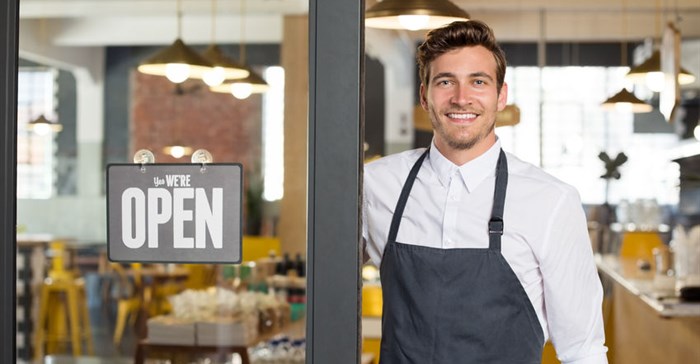Entrepreneurs contribute towards job creation, which motivates many people to want to start their own business, but how well do they know their business personality? Being an entrepreneur or a franchisee is not interchangeable, as their extremes are at either end of a varied spectrum of approaches to business.
There are major differences between the two and people need to select the model that is most comfortable for them.
Entrepreneurs:
• Start a business completely at their own risk
• Take financial, intellectual and emotional risks
• Put on the line their starting capital, potential profits, viability of ideas and planning, skills in managing people, securing sales and relating to customers and even relationships with family and friends
• Implement innovations or methods of problem solving whenever they see fit
• Control every aspect of whether their business sinks or swims
• Devise and build that framework for themselves
• Value the freedom to make their business dreams come true over the security of working within a franchise.
Franchisees:
• Are reassured by buying into a proven business model
• Have an opportunity to learn and build a business, backed by an established name and target market, while using the franchise’s knowledge of how their business operates within its market
• Prefer to limit their risk more
• Use a franchise’s foundation of know-how, from accounting to marketing, to build a business for themselves but not completely by themselves
• Enjoy the security of a franchise’s business framework
• Reduce risks to within their comfort zone to increase their chances of being successful
• Support an established business model, brand and the market knowledge that is part and parcel of a franchise
• Are happier following a franchise’s proven methods, developing their new business systematically by the franchisor’s guidelines
Embracing franchising
Trying to shoehorn yourself into one sector or the other against your natural inclinations is one of the leading factors contributing to dropouts from the franchising industry. If you are a natural franchisee, the thought that entrepreneurial new businesses fail at the rate of about seven out of every 10 gives you sleepless nights. Instead, buying into a proven business model reassures franchisee personalities. It reduces risks to within your comfort zone and increases your chances of being successful.
Franchises vary from second-hand goods or stationary to food or beauty salons. Each franchise has its own guidelines on how much independence the franchisee is given to adapt and develop the business model. Therefore, it is important to explore this and interrogate what suits your ambitions and your personality before you sign on.
The business model
A franchise’s business model is what you are paying for when you buy a franchise and it is what makes you as a franchisee more likely to succeed than if you started your own business from scratch. So before you invest, make sure that the franchise does indeed have a business model which it can prove is successful. Ideally, you should select a franchise from among the top two in the industry in which it operates, which will allow you to capitalise on the brand’s success and on how well known it is.
The franchise’s model should be based on years of experience of the business evolving within market and economic conditions. As a franchisee, it is in your best interest to get value for your money by making the most of the support you have bought from them as part of your franchise fee. This will include aspects such as good deals with suppliers, centralised buying power, tried-and tested business process, well-honed administrative procedures and general business assistance, including what you need to do to comply with current legal and taxation requirements.
Whichever route you choose, it is vital to work hard and always believe in your business. Since Peter Forshaw and I co-founded Cash Converters in southern Africa in 1994, we have been unapologetic about our mission to turn pawn broking into a slick, 21st-century business that brings benefits to franchisees and customers alike. The Cash Converters model works best with franchisees who are hands on, have good people skills and some entrepreneurial flair for sourcing and marketing stock.

















































